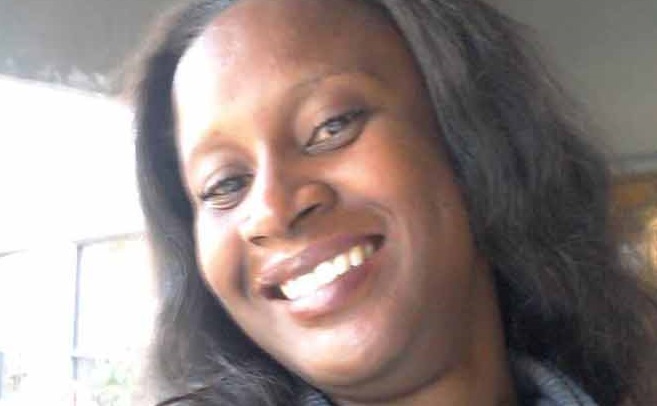
Magistrate debars journalists from covering trial of killers of JB
A magistrate at the Accra Central District Court 7 yesterday barred journalists from reporting on the case of the two men linked to the murder of a former Member of Parliament (MP) for Abuakwa North, Mr J.B. Danquah-Adu.
Advertisement
Ms Arit Nsemoh, the magistrate, sacked all journalists immediately the two accused persons, Daniel Asiedu and Vincent Bosso, were brought into the courtroom.
She further instructed policemen on duty at the court not to allow any journalist to enter the courtroom.
“No journalist is allowed in this courtroom,’’ she stated.
Some journalists who even attempted to stand at the entrance of the courtroom to listen to proceedings were prevented from doing so by the policemen, following the instructions by the magistrate.
Her action stunned journalists present, some lawyers and prosecutors on the court premises.
The journalists demanded answers and even protested to some of the policemen and some court officials outside the courtroom, but to no avail. They could not protest to the magistrate personally because they were not allowed into the courtroom
Ms Nsemoh did not give any reasons for her action.
Condemnation and Petition
Some of the journalists condemned the magistrate’s action.
Fred Djabanor, a court correspondent and producer of CitiFM, a radio station in Accra, described Ms Nsemoh’s action as “rude” and “disrespectful” and called on the Judicial Service to act on the matter.
“The Judiciary needs journalists as much as we need them in order to deepen the country’s democracy,’’ he said.
Wilberforce Asare, a court correspondent of Starr FM and Dean of the Judicial Service Press Corps, also described the magistrate’s action as a breach of press freedom.
“I strongly disagree with her action and condemn it. The Judicial Service must explain to judges that journalists are essential to the activities of the law courts.
He also indicated that the press corps was preparing a petition and hopefully, it would be presented to the Association of Judges and Magistrates, Ghana (AJMG) soon.
The move, he explained, was to ensure that journalists would not be prevented from covering the case on the next adjourned date.
Inside information
Meanwhile, the journalists later had to rely on someone in the courtroom for information on proceedings there to file their stories.
The case, the journalists were told, was adjourned to June 29, 2017 after the prosecutor, Deputy Superintendent of Police (DSP) George Amegah, had told the court that he was still awaiting advice from the Attorney-General (A-G).
The source also told journalists that the first accused person, Asiedu, had accused the police of preventing him from seeing his lawyer, a claim the prosecutor denied.
Asiedu and Bosso have been charged with murder and abetment of crime, respectively, and are currently before the District Court after they were discharged by the Accra High Court on May 30, 2017.
Difficulties
Ms Nsemoh’s action is not the first time journalists have faced difficulty trying to report from the law courts, but it is obviously one of the few instances when a court has prevented journalists from witnessing proceedings which are not heard in camera.
Another example was during one of the hearings of the case between the Social Security and National Insurance Trust (SSNIT) and the businessman, Ibrahim Mahama, on March 13, 2017, during when the magistrate prevented journalists from writing in the courtroom.



